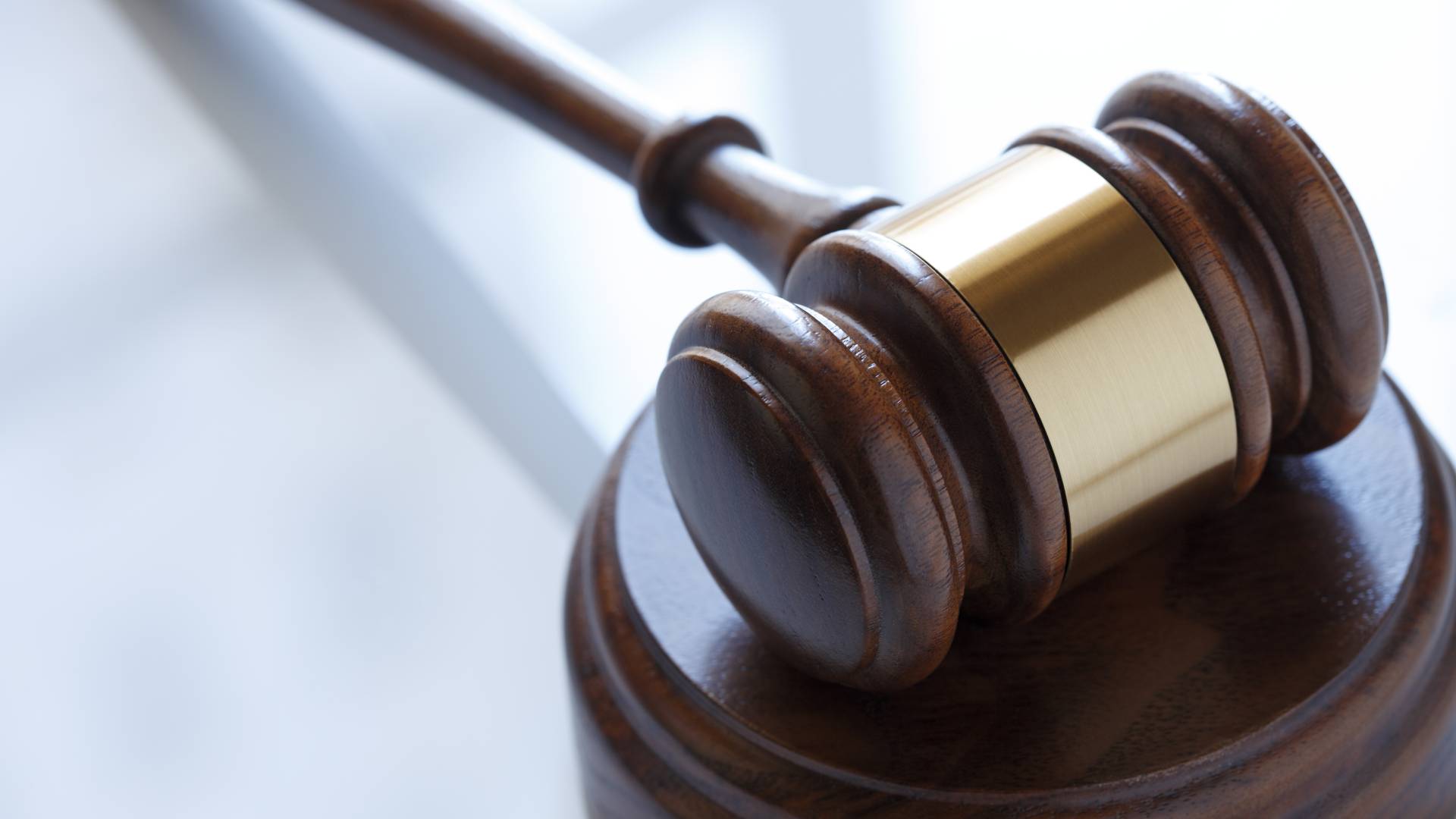
Dating Violence Injunction Attorney in Miami
Dating violence injunctions are injunctions designed to protect individuals who have been the victims of dating violence at the hands of a current or former partner. Unlike domestic violence injunctions, the other party does not need to be a spouse or former spouse and the parties are not required to have resided together in the past.
What Is an Injunction?
An injunction is a type of court order that specifically requires an individual to stay away from another person or their property. It is also commonly called a restraining order or a protective order. There are five different types of injunctions in the State of Florida for domestic violence:
• Dating Violence Injunctions
• Domestic Violence Injunctions
• Repeat Violence Injunctions
• Stalking Injunctions
• Sexual Violence Injunctions
Each one of these injunctions is a little different and might require different evidence. The burden of proof is always on the party that filed for the injunction which is referred to as the “Petitioner”. The person that is served with the injunction is called the “Respondent”.
After the Petitioner files the injunction, the Judge reviews only the facts in the four corners of the petition to determine if there is a sufficient basis to grant a temporary injunction. If the Judge grants a temporary injunction, the case will be set within 15 days for a permanent injunction hearing while law enforcement attempts to serve the Respondent with the injunction.
What Is Dating Violence?
Under Fla. Stat. 784.046, “dating violence” means violence between individuals who have or have had a continuing and significant relationship of a romantic or intimate nature. The existence of such a relationship shall be determined based on the consideration of the following factors:
- A dating relationship must have existed within the past 6 months;
- The nature of the relationship must have been characterized by the expectation of affection or sexual involvement between the parties; and
- The frequency and type of interaction between the persons involved in the relationship must have included that the persons have been involved over time and on a continuous basis during the course of the relationship.
It should be noted that the term does not include violence in a casual acquaintanceship or violence between individuals who only have engaged in ordinary fraternization in a business or social context.
Who Can File a Dating Violence Injunction?
Any person who is the victim of dating violence and has reasonable cause to believe he or she is in imminent danger of becoming the victim of another act of dating violence, or any person who has reasonable cause to believe he or she is in imminent danger of becoming the victim of an act of dating violence, or the parent or legal guardian of any minor child who is living at home and who seeks an injunction for protection against dating violence on behalf of that minor child, has standing in Circuit Court to file a Petition for Protection Against Dating Violence.
Unlike domestic violence injunctions, dating violence injunctions require the Petitioner to show both that they are the victim of dating violence and have reasonable cause to believe they are in imminent danger of becoming the victim of another act of dating violence. Therefore, a Petitioner for a dating violence injunction must show proof of potential future harm in every case to obtain a permanent injunction. Sometimes it can be argued that there is no danger of future harm between the parties if the Respondent has moved or there is no contact between the parties for a period of time while the injunction is pending.
What Happens at a Dating Violence Injunction Hearing?
At a dating violence injunction hearing, the Petitioner is required to prove a significant relationship of a romantic or intimate nature with the Respondent, that the Respondent committed an act of violence against the Petitioner, and/or the Petitioner is in imminent fear of being the victim of dating violence. At the final injunction hearing, the Petitioner can testify, call witnesses, or introduce evidence to the court. The Respondent, or his or her attorney, will then be given the opportunity to cross-examine the Petitioner’s witnesses or make objections to the Petitioner’s evidence.
After the Petitioner’s case has concluded, the Respondent has the opportunity to testify, call his or her own witnesses, or submit evidence to the court. However, it is noteworthy that the Respondent does not have to prove anything since the burden of proof always lays with the Petitioner. In fact, in many cases, it would be a good idea for the Respondent to invoke his or her 5th Amendment right to remain silent if there might be the potential for self-incrimination. This decision should always be made after consultation with an experienced criminal defense attorney.
After conclusion of the Respondent’s case, the Judge will ultimately decide on whether the Petitioner has proven his or her case and whether to grant or deny a permanent injunction.
As professional Miami criminal defense attorneys, we take every case personally give every client the deliberate care it deserves. Our clients become part of our family and we fight relentlessly for their rights. Read more about us to find out how we can help you.



Client Testimonials
-
"On the personal note she treats you like family and I recommend her to anyone that needs help."Gabriel M.
-
She was very accommodating with our work schedules and we felt comfortable with her knowledge and experience with immigration cases
Dolsin Rivas -
Me and my wife were instantly pleased with her knowledge and professionalism
Carlos Urbina










